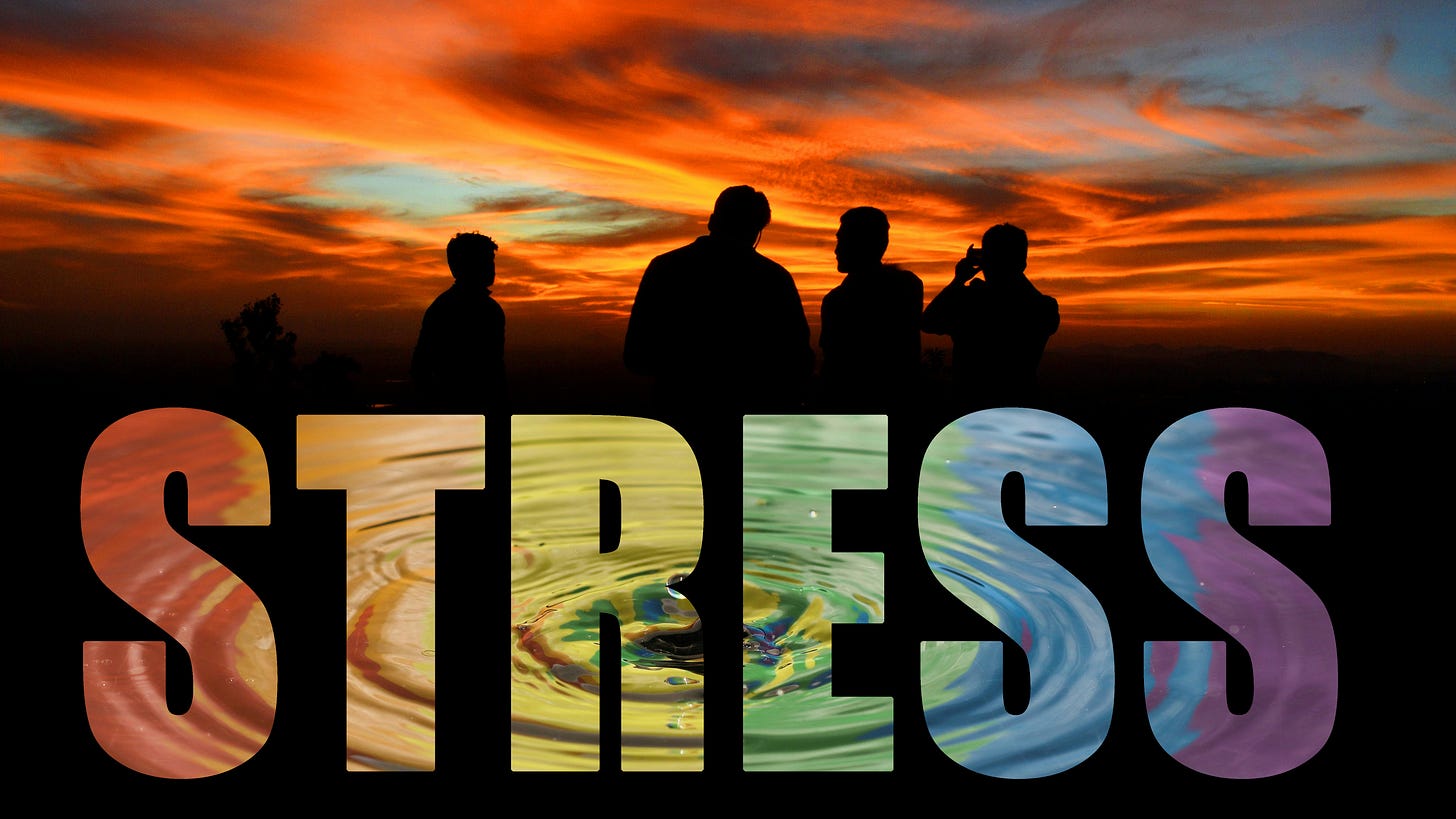
My Heart Story
On this day nineteen years ago, I left work feeling ill As I headed home, pain in my left arm signaled I might be experiencing a heart attack. At the ER, I waited patiently in line (not a good idea). When my turn came, a hoard of people rushed me to an ER room and went to work.
I had suffered a mild heart attack leading to a triple coronary bypass. Complications led me to two additional surgeries. Seventeen days later, I returned home, broken and defeated. Seeing my scarred and bruised body in the mirror, I knew drastic changes were necessary if I wanted to live.
I committed to a better life that included exercise and found cycling. I became an avid cyclist. Touring by bicycle became the passion that remains in my life today. I’m a fortunate person with nineteen years with no cardiac incidents. A recent physical examination prompted a series of heart tests, which revealed that my heart is functioning well with no blockages in my arteries.
Cardiac Health Primer
Heart attacks occur when plaque accumulates in the arteries that supply blood to the heart. As this buildup progresses, it narrows the arteries, restricting blood flow and oxygen delivery to the heart. If an artery becomes blocked, a heart attack can occur.
Some of the most sobering facts about cardiac health come from the Centers for Disease Control and Prevention.
1 in 20 adults 20 years and older have coronary artery disease.
1 out of every 5 deaths from cardiovascular diseases is among adults younger than 65.
Someone has a heart attack every 40 seconds in the United States.
1 in 5 heart attacks is silent—the damage done; the person unaware.
Several risk factors can increase the likelihood of a heart attack. The primary factors include smoking, high blood pressure, high cholesterol, diabetes, obesity, and a family history of coronary artery disease.
Heart health and the queer community
The National Library of Medicine recently published research on the heart health of LGBTQ+ people, LGBTQ+ cardiovascular health equity: a brief review. It affirmed heart disease is the biggest killer in the United States. Beyond the common risk factors for all people, the LGBTQ+ community experiences more challenges to their heart health.
A significant health challenge for LGBTQ+ individuals is rooted in stress. Minority stress arises from discrimination and the psychological burden of living in a society where you may not be accepted. This stress, often stemming from family, friends, the workplace, and the community, can lead to mental and physical health issues.
LGBTQ+ individuals often experience heart problems at a younger age than their heterosexual counterparts. Lesbian, gay, and bisexual individuals have a higher risk of stroke. Gay and bisexual men are more likely to suffer from heart attacks and heart failure compared to straight men. Transgender men have a higher risk of heart attacks than both straight men and women.
An American Heart Association report found that discrimination contributes to poorer heart health for LGBTQ adults. Their finding included that a majority of lesbian, gay, bisexual, transgender, and queer adults experienced discrimination from a healthcare professional.
More than 50% of LGBTQ adults and 70% who are transgender or gender non-conforming experienced some form of discrimination from a healthcare professional.
LGBTQ adults may delay primary or preventive care and lack trust in healthcare professionals due to fear of discrimination.
LGBTQ adults experience major stressors, including exposure to discrimination and violence.
LGBTQ adults may face family rejection and anxiety over concealing their sexual orientation or gender identity.
LBGTQ adults in underrepresented racial or ethnic groups experience higher poverty levels, insecure housing, and fewer healthcare options than their white LGBTQ peers.
Tom’s thoughts on heart health as a gay man
The LGBTQ+ community should heed the advice of the experts. The factors contributing to heart attacks and strokes are real and apply to everyone, regardless of sexual orientation or gender identity. To reduce your risk, quit smoking, maintain a healthy diet, stay active, manage your weight, and monitor your cholesterol and blood pressure.
The research does not surprise me. Stress is a reality for LGBTQ+ individuals, often stemming from discrimination and a lack of acceptance for their identities. This stress can contribute to weight gain, unhealthy eating habits, harmful behaviors like smoking, and a sense of hopelessness.
Managing stress is critical for a happier life. Realistically, we can’t eliminate stress. Maintaining a positive outlook and recognizing self-worth is crucial. Building a supportive community is essential in offering understanding and encouragement during challenging times.
My heart health story is a cautionary tale about the consequences of neglecting one's well-being. I share this story to emphasize that we can overcome past mistakes and create a healthier future. While you can’t change the past, you have the power to shape your future.
Emerging from a drug-induced coma in the cardiac intensive care unit in 2005, I read the hospital's statement of care. It explicitly stated that the healthcare system recognized the patient's chosen family and specifically included sexual identity and orientation in its non-discrimination policy. In the darkest time of my life, the words made me smile, a reminder of the progress of equality.




